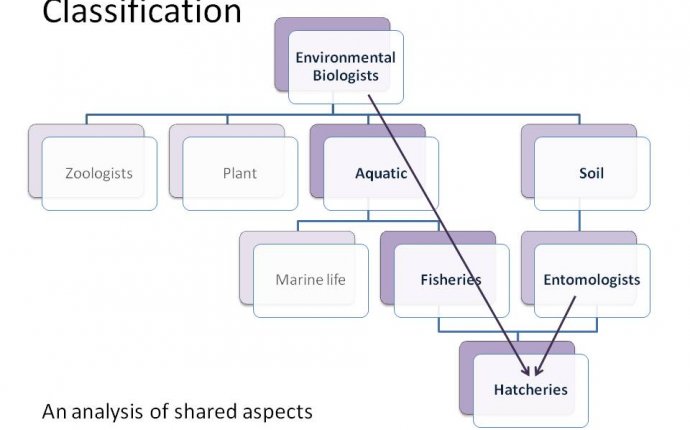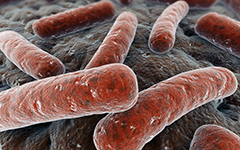
Soil Organism Definition
 Despite your morning shower, trillions of bacteria linger on your skin. Trillions more took up permanent residence in your gut at birth. In fact, contact with your mother’s vaginal fluids provided your bacterial preparation for life on this earth. This bacterial exposure at birth may be a contributor to the decreased incidence of asthma, allergies, and celiac disease in babies experiencing a vaginal birth.
Despite your morning shower, trillions of bacteria linger on your skin. Trillions more took up permanent residence in your gut at birth. In fact, contact with your mother’s vaginal fluids provided your bacterial preparation for life on this earth. This bacterial exposure at birth may be a contributor to the decreased incidence of asthma, allergies, and celiac disease in babies experiencing a vaginal birth.
These are just a few revelations from the new frontier of bacterial study which has been made possible with the advent of gene mapping. Scientists now have more powerful tools than ever to study the complex world of bacteria — revealing new information on a new sub-category of probiotics: traditional organisms rooted in inherent viability. These are probiotic soil-based organisms.
What Are Soil-Based Organisms and Why Are They Beneficial?
The term SBO stands for "soil-based organism" and is used to refer to a new class of probiotic supplements based on a greater understanding of the incredible diversity of the human gut, and a deeper appreciation for how humans and their commensal "helper" bacteria work together to produce a healthy system.
Soil-based bacteria, also known as spore-forming bacteria, have the ability to "seed" the digestive tract with bacteria which will flourish and support a balanced microbiome, the term used for the mini-ecology of microorganisms such as bacteria that inhabit the human body and perform vital functions such as immune support and digestion.
Some characteristics which are unique to SBO probiotics include:
- The structure of soil-based organisms is naturally resistant to the harsh environment of the upper digestive tract and stomach.
- Additionally, unlike other probiotics not derived from soil, probiotics containing SBOs are very stable and don’t need any special coatings or preservatives to ensure a clinically relevant amount reaches the appropriate areas of the gut.
This is due to a natural shell that preserves the probiotic spore against harm — whether in the terrestrial environment, or in the acidic environments in the stomach and upper intestines. When these probiotic microbiota are ingested, they travel all the way to the lower intestine, where they come alive. Like a seed, warm temperatures and moisture stimulate germination. Soil-based probiotics are well-adapted to the environment of the gut, and have been shown to remain in the digestive tract where they can provide long term benefit.
Though the best types of SBO probiotics are based directly on symbiotic communities of bacteria found in the natural environment or “soil”, these probiotics are not actually harvested directly from the earth before bottling, but are instead produced in safe, monitored environments which ensure specificity of the strains.
Why are soil-based probiotics so popular among clinicians, and what makes them so important?
The answer lies in an understanding of the human gut microbiome.
Introducing the Microbiome
Since 2007, scientists at the National Institute of Health (NIH)’s Human Microbiome Project have been honing in on the phenomenon of bacteria. In 2008, the European Commission and China created the Metagenomics of the Human Intestinal Tract Project (MetaHIT) to join this study.
Whereas for centuries scientists have known a limited number of "bad" bacteria that succumb to antibiotics, DNA sequencing and the Human Genome Project have made it possible to study a vast world of germs which dwarfs our previous knowledge.
While we inherit more than 22, 000 genes from our parents, the bacteria that exist in — and on — our bodies sustain at least eight million bacterial genes, a whopping 360 times more bacterial genes than human genes. The bacteria which envelop the human body are known as the human microbiome.
Your microbiome is likely similar to that of your immediate family, as we naturally inherit our family’s microbiome. And, we pick up "hitchhikers" — bacteria from food, water, and various components of our environment. Scientists estimate that we each carry 100 trillion bacteria in our intestinal tract alone!



